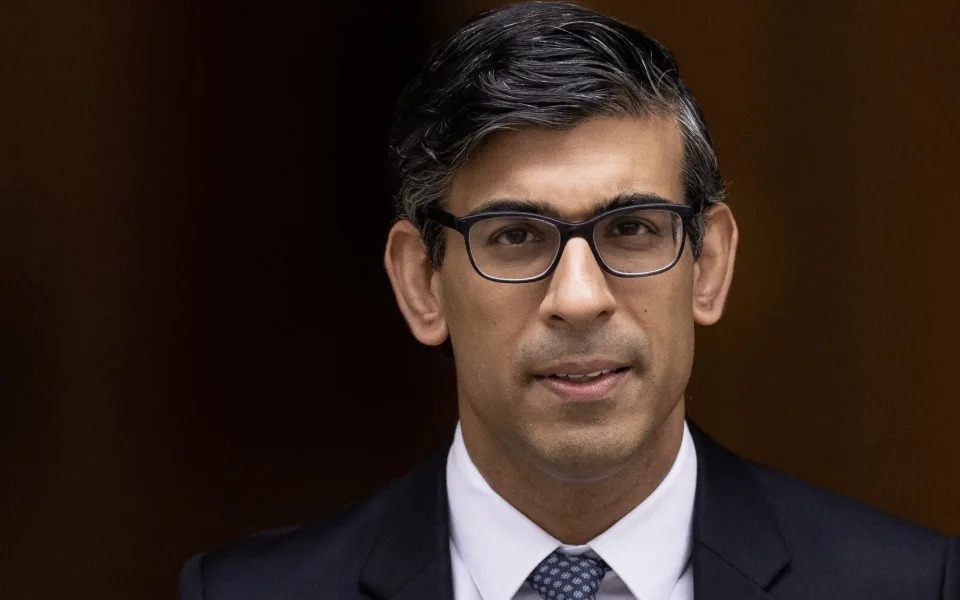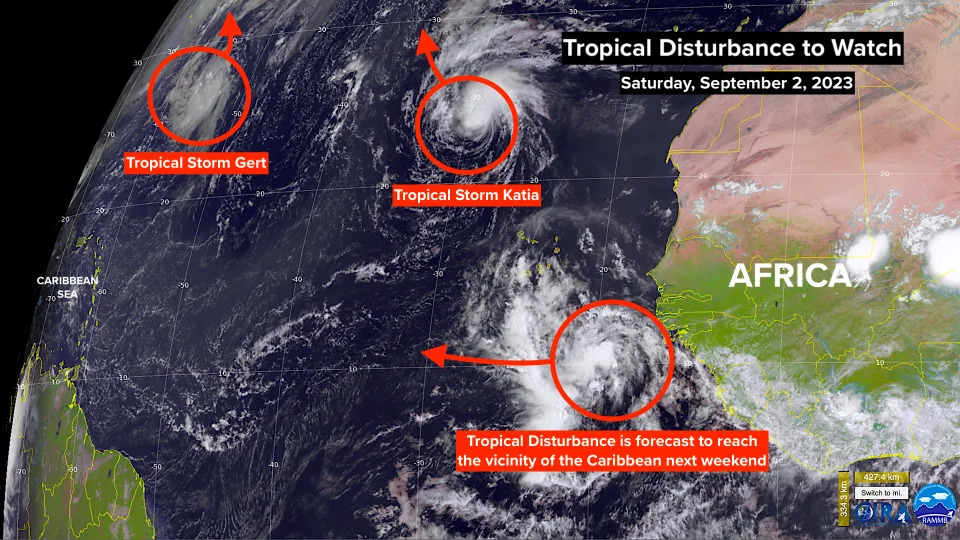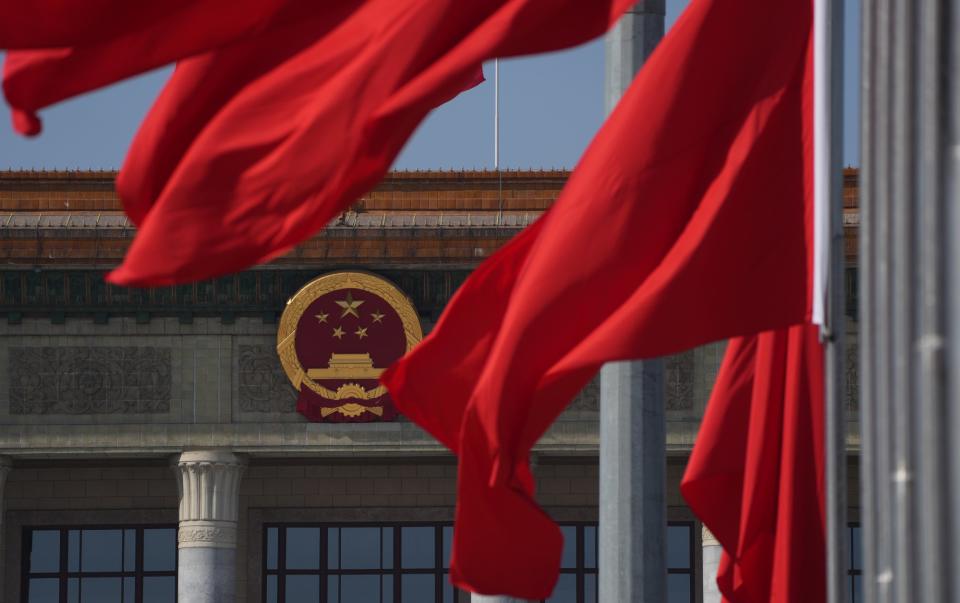Amy Gibbons
Sat, 2 September 2023

Rishi Sunak could face pressure from up to a third of his Cabinet to put an ECHR exit at the heart of the Tory election campaign - Dan Kitwood/Getty Images Europe
Rishi Sunak is facing a major Tory split over the UK’s membership of Europe’s human rights pact as centrist MPs warned that quitting would be a “historic mistake”.
The Tory Reform Group (TRG), whose patrons include ministers Tom Tugendhat and Victoria Atkins, urged the Prime Minister not to withdraw nor derogate from the European Convention on Human Rights (ECHR) for the sake of the Government’s flagship Rwanda policy.
The One Nation Conservatives set out their stall on the heated debate amid mounting pressure on Mr Sunak from the Right of the party to quit the international treaty.
It means the Prime Minister risks being burned by his own MPs whatever decision he makes on the UK’s membership, having so far resisted calls to leave the convention.
It is understood Mr Sunak will face pressure from up to a third of his Cabinet – including Suella Braverman, the Home Secretary – to put an ECHR exit at the heart of the Tory election campaign if migrant deportation flights to Rwanda are ultimately blocked by the courts.
But the TRG, a centre-Right Conservative faction dating back nearly 50 years, warned such a move would damage the Northern Ireland peace process, the UK’s ability to bring criminals to justice, its relations with democratic allies, and the Tory party’s own reputation.
Government has ‘range of options’
The Rwanda scheme – whereby migrants arriving illegally on UK shores would be sent to the central African state – is a major plank of Mr Sunak’s campaign to stop the boats, one of his five key pledges to the nation.
But flights have been suspended since June 2022, when a single judge from the European Court of Human Rights, which rules on the ECHR, issued an 11th-hour injunction halting the first deportation.
At least eight Cabinet ministers, along with other senior Tories, are prepared to back Britain’s withdrawal from the European pact if its membership prevents it from protecting its borders against illegal migration.
But the TRG insisted the Government has a “range of options” to tackle Channel crossings besides quitting the ECHR, including rewriting the Rwanda agreement, seeking similar deals with safer countries and introducing digital ID for work and benefits.
It also warned that polling suggests pledging to leave the convention would make voters less likely to side with the Tories, by a margin of 41 per cent to 26 per cent.
The group stressed that the European court rarely finds against the UK, while a number of “positive changes” to British law have been made following cases there, including decriminalisation of homosexuality in Northern Ireland.
Leaving would be a ‘profound mistake’
The ECHR came into force in 1953. It affects the 46 states in the Council of Europe but is not a European Union convention, so the UK’s adherence to its principles was not affected by Brexit.
Mrs Braverman has publicly backed leaving the pact, while others in the Cabinet have been privately voicing support.
Nearly 70 Tory MPs, many from Red Wall seats, backed quitting the ECHR in a vote on a Private Member’s Bill last year. More MPs beyond pro-Brexit backbench groups, such as the new Conservatives, are likely to come under pressure from grassroots Tories to support an exit in the run-up to the election.
But according to the TRG, leaving would be a “profound mistake”, damaging the UK’s interests on the international stage.
In a policy paper shared with The Telegraph, the group said leaving the pact would put Britain alongside Belarus and Russia, who are also non ECHR members.
As well as Mr Tugendhat and Ms Atkins, the group’s patrons include ministers Guy Opperman, Rachel Maclean and Johnny Mercer and John Major, the former prime minister.











